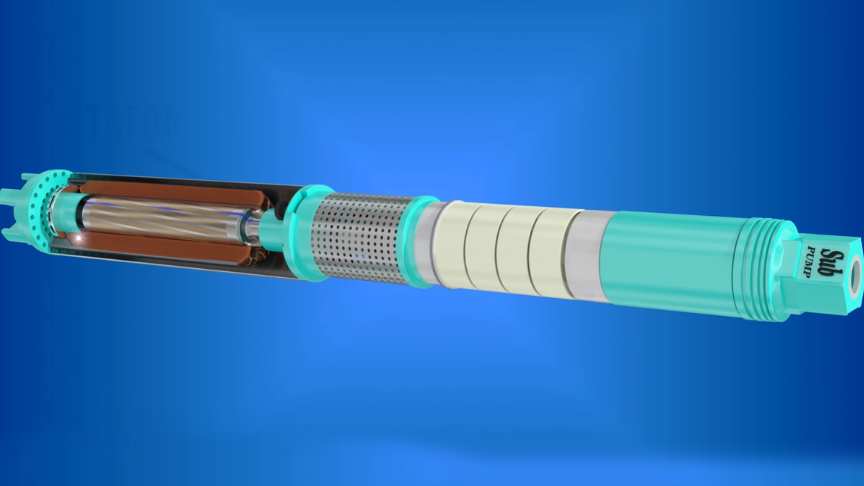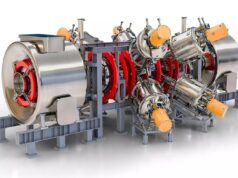A submersible pump pushes water to the surface by converting rotary energy into kinetic energy into pressure energy. Submersible pumps push fluid to the surface as opposed to jet pumps which create a vacuum and rely upon atmospheric pressure.
source/image(PrtSc): Learn Engineering
Recently submersible pumps have gained good market shares in both the industrial and domestic sectors, due to their high versatility and reliability.
They need no priming, they are not prone to the issue of cavitation, and are very efficient. Let’s explore the details of submersible pumps in this video.
Advertisement
Submersibles use pressurised fluid from the surface to drive a hydraulic motor downhole, rather than an electric motor, and are used in heavy oil applications with heated water as the motive fluid.











